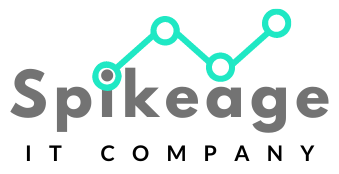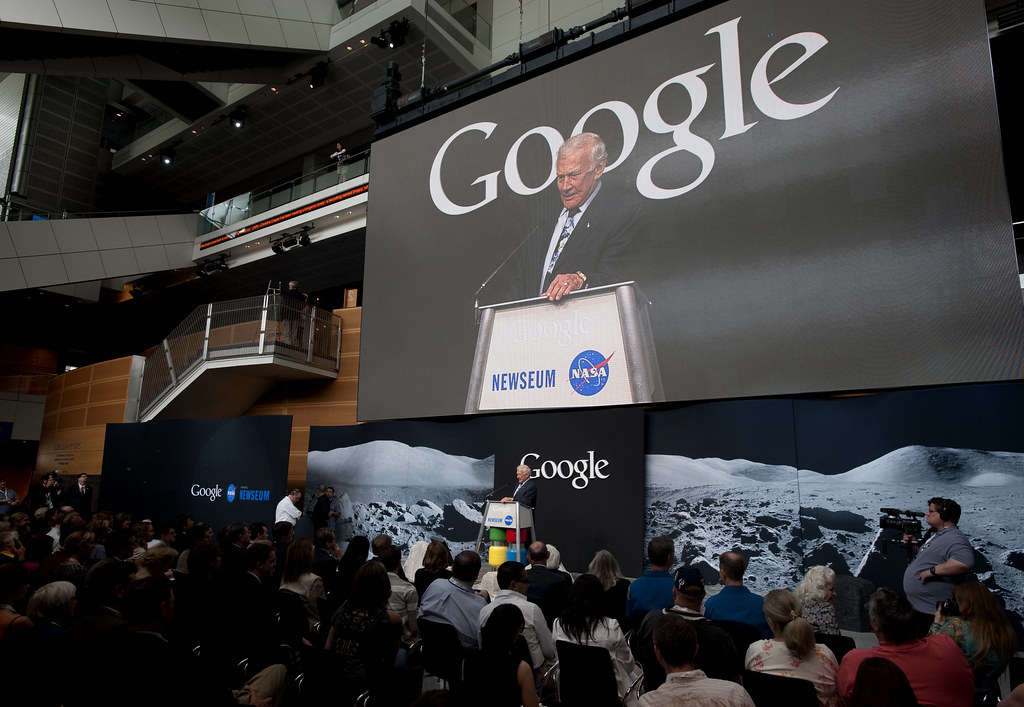Google has launched a series of free courses designed to equip individuals with the knowledge and skills necessary to thrive in the evolving landscape of generative AI. As generative AI ushers in a new era of innovation and creativity, its influence on various industries and our interaction with technology is becoming increasingly significant. Recognizing this, Google aims to train individuals in the use of this technology, as highlighted by Mirasys India.
To sign up for these courses Click here.
Here is a breakdown of the ten available courses:
- Introduction to Generative AI: This microlearning course provides a foundational understanding of generative AI, including its applications and differences from traditional machine learning methods. It also covers Google’s tools for developing generative AI applications. The course takes about 45 minutes to complete.
- Introduction to Large Language Models: This course explains what large language models (LLMs) are, their use cases, and how prompt tuning can improve LLM performance. It also introduces Google’s tools for developing generative AI applications and is estimated to take 45 minutes.
- Introduction to Responsible AI: This course emphasizes the importance of responsible AI and how Google integrates it into their products, along with an introduction to Google’s seven AI principles.
- Generative AI Fundamentals: By completing the courses on Generative AI, Large Language Models, and Responsible AI, and passing a final quiz, learners can earn a skill badge demonstrating their understanding of basic generative AI concepts.
- Introduction to Image Generation: This course delves into diffusion models, a type of machine learning model inspired by thermodynamics and widely used in image generation. It includes training and deploying these models on Vertex AI.
- Encoder-Decoder Architecture: This course provides an overview of the encoder-decoder architecture, commonly used for tasks like machine translation and text summarization. Learners will implement a simple poetry generation model in TensorFlow.
- Attention Mechanism: This course covers the attention mechanism, which enhances neural networks by allowing them to focus on specific parts of an input sequence, improving tasks such as translation and summarization.
- Transformer Models and BERT Model: This course introduces the Transformer architecture and the BERT model, explaining components like the self-attention mechanism and BERT’s applications in tasks such as text classification and question answering.
- Create Image Captioning Models: Learners will explore how to build and evaluate an image captioning model using deep learning, understanding the encoder and decoder components.
- Introduction to Generative AI Studio: This course introduces Generative AI Studio on Vertex AI, a tool for prototyping and customizing generative AI models. It includes demos and ends with a quiz to test knowledge.
Google’s initiative is a testament to their dedication to fostering the next generation of AI experts. Google’s Free AI Course are accessible for free, and upon completion, learners receive a ‘Completion Badge’ from Google Cloud, recognizing their proficiency in generative AI. These courses provide a gateway to exciting opportunities in the dynamic field of generative AI, inviting learners to embark on an educational journey and join the generative AI revolution.

